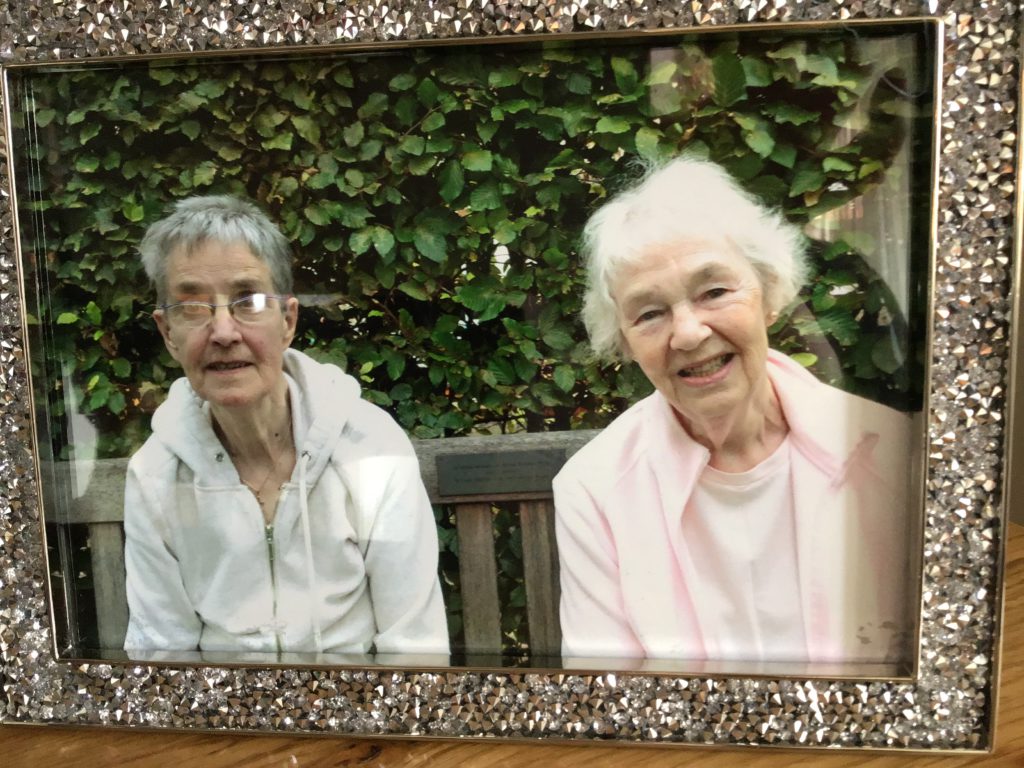As part of teaching during Holocaust Memorial Week I would give my learners a drawing of a suitcase. I would then ask them to imagine there had been a knock on the door, their home invaded by uniformed strangers, told they had to leave and given 10 minutes to pack a suitcase.
What would they put in their suitcases? Some answers were practical. Medication, phone, phone charger, change of clothes. Some were poignant. Family photos, a keepsake, a favourite teddy bear. One learner chose a pet cat, a supply of cat food and a bag of cat litter.
How did the learners feel about this exercise? The most common response was that it was so hard to choose.
So close your eyes and turn your back on your room. Imagine a sudden bang, so loud it bursts your ear drums. Open your eyes. Everything you hold dear, the possessions you take pride in, the home you have worked so hard to create all gone. The dream you were living reduced to a pile of rubble.
You are a teacher, a doctor, a bank worker, a healthcare worker. You are anything and everything you worked for and dreamed to be. You are ordinary and you are special. You are the victim of a war you neither asked for or played a part in.
And you are lucky. Lucky that you have enough savings to be able to pay for a passage to a life. Not a better life because you already had a great life. But a life. You know you will not likely work in the same capacity as you have previously done. You know that your children will likely learn to speak and write a new language before you do and that they will likely miss school or college when you need a translator. This is not the life you dreamed of for them. You know that you will likely be exploited as cheap labour and forever be looking over your shoulder should your asylum claim not be granted but you will have a life.
So imagine you have to make a choice. Who will you take with you? Elderly parents or grandparents? Sisters and brothers? Cousins? Children? How will you choose?
Imagine exchanging your life savings for a perilous journey across land and sea.
Imagine clinging on for dear life to your hungry and thirsty little ones whilst the baby in your belly turns cartwheels.
Imagine finally sighting the land you have been heading for; so near yet it may as well be thousand miles beyond your reach as your companions desperately try to bail out the sinking dinghy that holds everything you hold dear in the world.
Imagine your peril and distress is pointed at, filmed, broadcast around the world. You are an educated woman. You know that Article 98 of the UN Convention of the Law of the Sea states that:
Every State shall require the master of a ship flying its flag, in so far as he can do so without serious danger to the ship, the crew or the passengers:
(a) to render assistance to any person found at sea in danger of being lost.
(b) to proceed with all possible speed to the rescue of persons in distress.
You also know that nothing is allowed to get in the way of a good news story and that the same news agency that is profiting from your peril is also stirring up hatred against you in the country you are looking to for asylum.
Imagine waiting your turn to be rescued. Clinging on to your babies, boats circling like sharks around your tiny dinghy, every swell and pull threatening to sweep you overboard or drag you under. News reporters in their boats shouting to you. “Where are you from?” “How did you get here?” Welcome to the dream!
